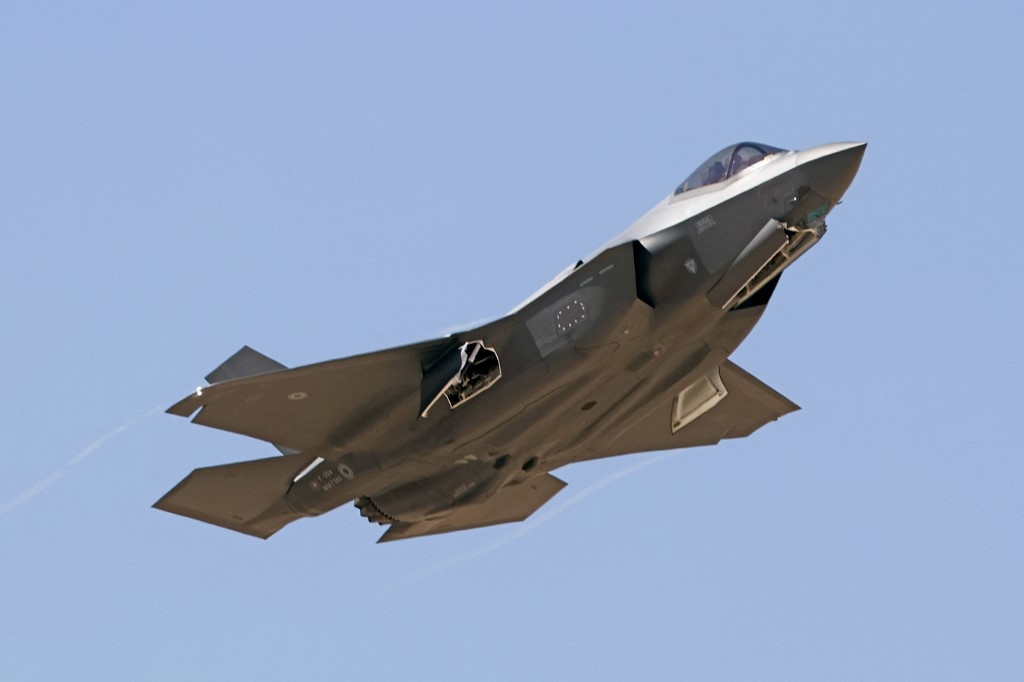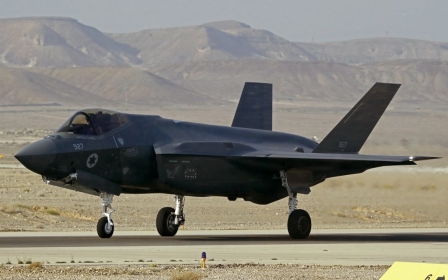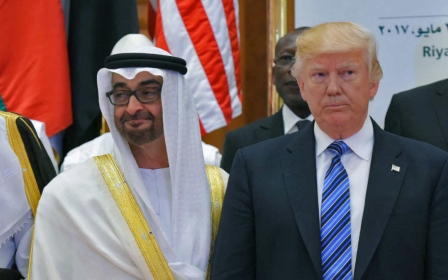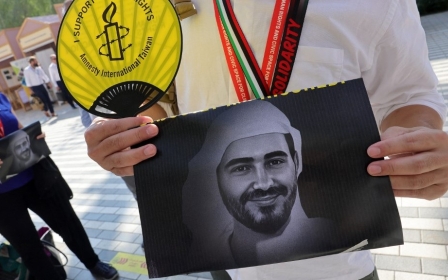UAE rules out reopening F-35 talks with US

The United Arab Emirates (UAE) has said it does not plan to resume negotiations with the United States over a multi-billion dollar deal for F-35 fighter jets, a senior Emirati government official told Reuters.
The decision follows a previous report suggesting the UAE might reconsider negotiations if Donald Trump were to win a second term. With just two months until the US presidential election, the UAE has said it is firmly committed to its position, "irrespective of the election's outcome".
A senior UAE official told Reuters on Saturday, "Our position remains unchanged and we do not anticipate discussions regarding the F-35 being reopened for the foreseeable future, irrespective of the outcome of the upcoming US elections,” adding, “technical requirements, sovereign operational restrictions, and cost/benefit analysis led to the reassessment at that time, and those considerations underpin our ongoing position."
The F-35, known for its advanced sensor suite and sophisticated electronic warfare capabilities, would mark a significant acquisition for the UAE, making it the second Middle Eastern country to operate these jets after Israel.
The aircraft evolved from the Lockheed Martin X-35, which triumphed over the Boeing X-32 in 2001 to secure the Joint Strike Fighter (JSF) programme. While the US remains the primary customer and financial supporter of the programme, the UK, Italy, the Netherlands, Canada, Turkey, Australia, Norway, and Denmark have collectively pledged $4.375bn towards the programme’s development costs.
New MEE newsletter: Jerusalem Dispatch
Sign up to get the latest insights and analysis on Israel-Palestine, alongside Turkey Unpacked and other MEE newsletters
Middle East Eye reached out to multiple UAE government ministries and the US State Department for comment but did not receive a response by the time of publication.
Former President Trump had initially authorised the $23bn deal, featuring MQ-9 Reaper drones and munitions, after the UAE's normalisation of relations with Israel in 2020 under a pact facilitated by his administration.
Normalisation, which was approved unanimously by the Israeli cabinet in October 2020, positioned the UAE as the most prominent Arab state to establish diplomatic relations with Israel in 30 years, delivering what was regarded as a major foreign policy win to Trump just months before his eventual defeat to Joe Biden.
But in 2021, the UAE said it was suspending talks on finalising the deal after the Biden administration sought to impose new restrictions on the sale, citing concerns about the UAE's use of China's Huawei 5G technology and the risk it posed to providing Beijing access to sensitive US defence information.
But Barbara Leaf, the Biden administration’s top Middle East official at the State Department, told Congress in 2022 that the disagreement with the UAE went beyond 5G, which was "just one of several, one of a list of things, that needed much greater clarity”.
The UAE already operates the US F-16 and French-made Mirage 2000-9s fighter jets. But it has also purchased Chinese "light attack" jets. In July, the UAE and China conducted joint military drills in China’s Xinjiang province.
The UAE’s openness to military ties with Beijing was underscored by leaked US intelligence documents which suggested that in December 2022 China had resumed constructing a military base in the UAE despite the US urging the Emiratis against the project a year earlier.
Middle East Eye delivers independent and unrivalled coverage and analysis of the Middle East, North Africa and beyond. To learn more about republishing this content and the associated fees, please fill out this form. More about MEE can be found here.




